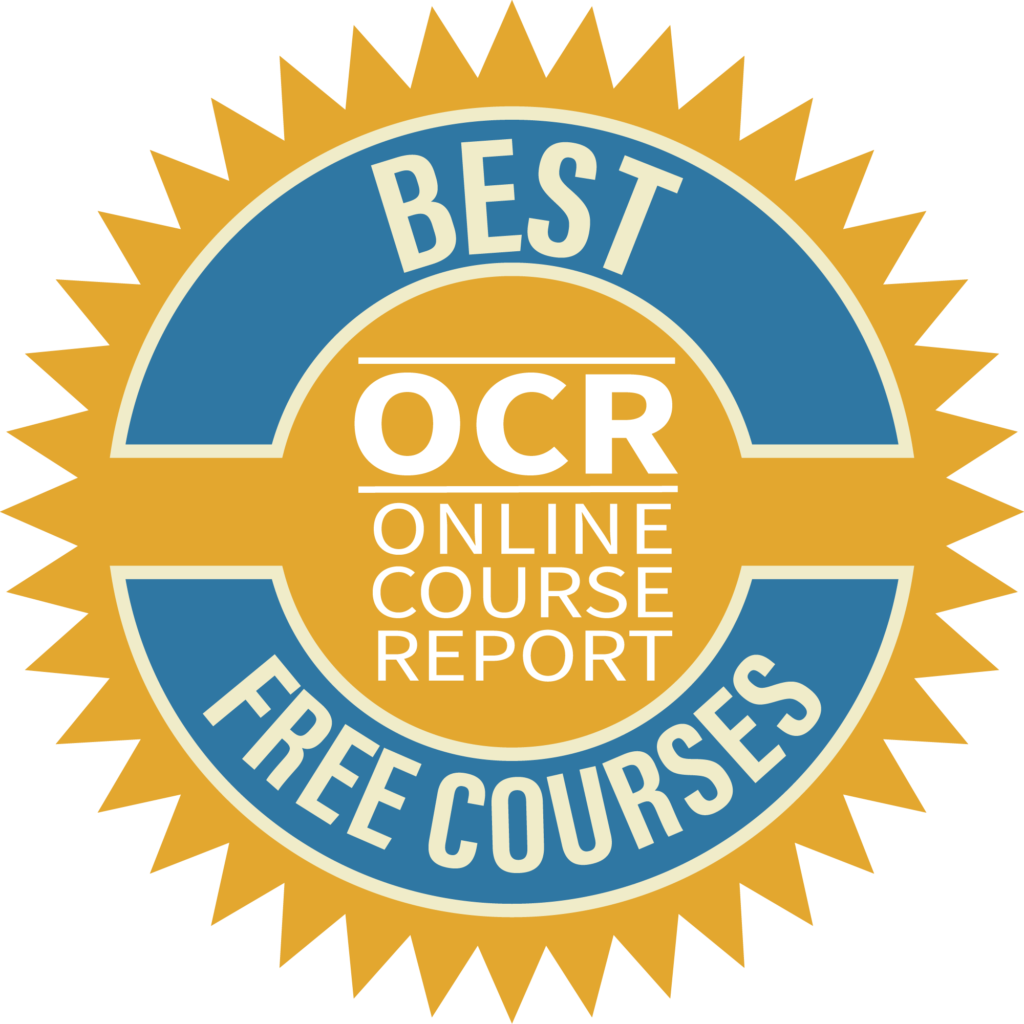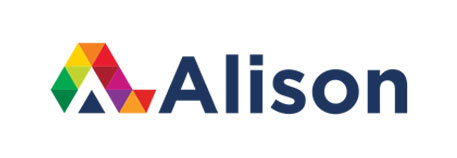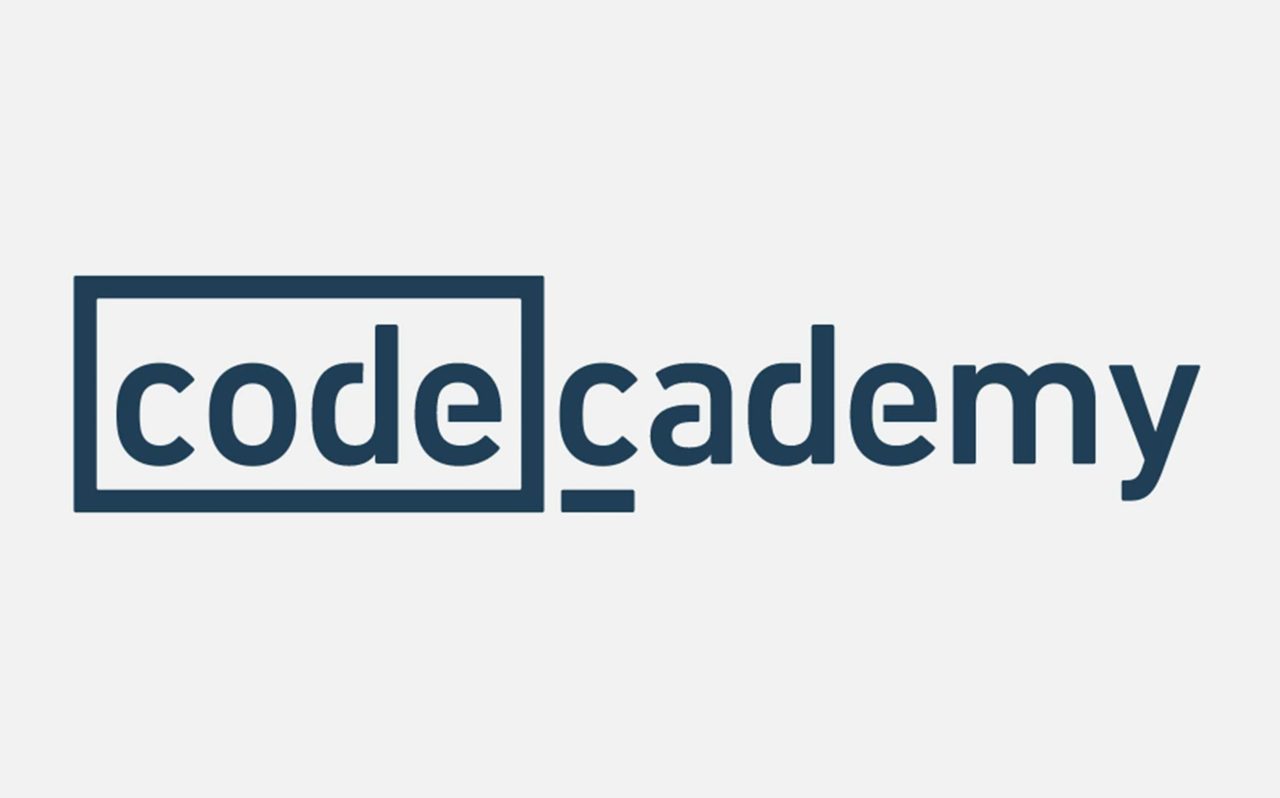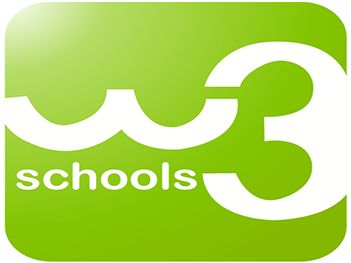

As the title suggests, software developers are the professionals responsible for the whole process of developing software. Also referred to as software engineers, these creative masterminds are the ones behind computer programs of all sorts, from that addicting game on your smartphone to the programs used by hospitals to keep track of your medical records. It’s an excellent career path to focus on, with a median salary of over $100,000 annually. And out of 100 career options, US News even lists it as the number one job in the country.
Featured Programs
- Penn Software Development Fundamentals
- Software Development Processes and Methodologies
- Open Source Software Development
Disclaimer: Some courses may include an affiliate link. Courses were chosen first based on the methodology with affiliate links only added after the ranking was complete.
Software developers need to be proficient in a wide range of technical skills, and as technology is ever-changing, the learning path for those in the field is ongoing. That’s where free online software development classes come in. Rather than invest a lot of time and expense into educational resources for software engineering, students can pick and choose the areas they need to shore up their skills or explore unfamiliar programs at no cost.
This list will walk you through some of the best free online courses for software development available today. It’s ranked in descending order, using a methodology we developed to uncover the top remote learning opportunities students can access at no cost. Following the review, we dig a little deeper into what it takes to become a software developer and some frequently asked questions about free online courses.
Ranking 10 Free Online Courses for Software Development
1. Software Development Fundamentals

Offered by University of Pennsylvania via edX
If you are ready to dive straight into learning all about software development, this free online course hosted on the edX platform is an excellent place to start. It’s a four-week course that is designed to take between six to eight hours each week, and it’s offered through one of the top colleges in the country: The University of Pennsylvania.
Students who enroll will take a quick look at best practices in software development and then get straight to work learning Java, one of the top programming languages in the world. You won’t spend a lot of time on theory in this course. It’s intended to provide you with a marketable skill you can use immediately. Upon completion, you will be able to design, develop, and test large applications in Java.
Students should have a basic knowledge of programming, including functions, variables, and control flow, so you will want to brush up on this terminology before you begin the first class. The start date is flexible, so you can begin learning as soon as you sign up. This free online software development course is part of a professional certificate in Computer Science Essentials for Software Development.
Cost: Free
Certificate: Yes, with a fee
Time to Complete: Four weeks
Curriculum: Intermediate
User Experience: Excellent
Quality of Instruction: Excellent
Pros:
•Self-paced
•Taken by over 50,000 students
•Optional certification with a fee
Cons:
•Transcript is only available in English
2. Web Development

Offered by The Odin Project
If Web Development interests you, the best place to start may be at The Odin Project. This free and open-source platform was founded in 2013 and is maintained by a group of volunteers. The platform provides excellent instruction in programming and development and over a quarter of a million students have taken advantage of this no-cost website for learning web development.
There are three featured educational paths to explore at Oden: Full Stack Ruby on Rails, Full Stack JavaScript, and Front End Only. Each path covers dozens of lessons, including several that teach students the basics of getting hired.
While certification is not offered on the platform, the project is industry recognized, so be sure you mention to potential employers where you picked up your impressive skills.
Cost: Free
Certificate: No
Time to Complete: Varies
Curriculum: Introductory to Advanced
User Experience: Excellent
Quality of Instruction: Excellent
Pros:
• Engaging and fun interface
• A helpful community forum
• No commitments or sign-ups—jump in wherever you want
Cons:
• No way of demonstrating your competencies to a potential employer
3. Software Development Processes and Methodologies

Offered by University of Minnesota via Coursera
This is a terrific first contact course or refresher for those who are interested in understanding the whole software development process from start to finish. You will explore some of the standard methods in the industry and the pros and cons of each, as well as how teams work together to solve common software development issues. There are four modules in all:
Software development processes: Part 1
Covers a variety of software development processes at a high level. You will gain the understanding of what is involved in each process as well as architecture and requirements.
Software Development Processes: Part 2
learn about the various processes used to implement, verify, validate, deploy, and maintain the software.
Software Development Models: Traditional Models
Look at several traditional models including RUP, Spiral, waterfall, and Incremental.
Software Development Models: Agile and Lean
Learn all about agile and techniques to help you discover more about your users, your market, and your product.
The free software development online course takes about 22 hours to complete, but like all Coursera offerings, you can go at your own pace. Students will find that the platform is easy to navigate and the content is rich with information. Auditing the class is free, and those who want to obtain a certificate or take a graded exam will need to pay for an upgrade, however, this is not a requirement.
Cost: Free
Certificate: Yes
Time to Complete: 22 hours
Curriculum: Introductory
User Experience: Excellent
Quality of Instruction: Excellent
Pros:
•Outstanding reviews from former students
•Taught by two University of Minnesota faculty members
•Engaging and interesting
Cons:
•Focuses primarily on theory rather than practical application
4. Agile Software Development

Offered by University of Minnesota via Coursera
Agile is quickly becoming the most popular choice for software developers who need a way to keep their product flexible. This 12-hour course hosted on Coursera will teach students all about Agile and the situations where this technology is most applicable. You will also learn about frameworks and XP in this helpful free online software development course.
There are four modules in all, filled with videos, readings, and quizzes to assess your progress. The modules cover the fundamentals of agile, requirements and planning, scrum, and XP. Reviews from students who have taken the course are impressive, with many describing it as the best agile course they’ve ever participated in.
Agile Software Development is the second course in the Software Development Lifecycle Specialization, so there are more courses to choose from if you want to complete the specialization. All of the classes can be taken in audit mode at no charge. Additional fees apply if you want certification. No prior programming knowledge is required, although it may be helpful to have some understanding of the processes involved in traditional software development.
Cost: Free
Certificate: Yes, with a fee
Time to Complete: 12 hours
Curriculum: Intermediate
User Experience: Excellent
Quality of Instruction: Excellent
Pros:
•Taught by an adjunct professor at the College of Science and Engineering
•Highly reviewed by those who have taken the course
•Comprehensive
Cons:
•Certification is an additional fee
5. Diploma in Software Testing

Offered by Alison
One of the most vital components of software development is testing, and this free software development course from Alison has you covered. It takes 10 to 15 hours to complete and covers the most important topics when it comes to software testing, starting with a comprehensive overview of the process and progressing into deeper subjects that include:
The differences between verification and validation processes
The various strengths, weaknesses, and faults in a program in the V-model and the fault model
Functional testing types such as unit, integration, black box, system, regression, and white box
Value testing, combination testing, decision table-based testing, pair-wise and all pairs testing
MC/DC and path testing
When to use testing and how to identify which test to use
Over 12,000 students have taken this free online software development course. Please note that although the description indicates that this is a diploma program, it is not accredited by any school of higher education. This is a description used on the Alison platform for in-depth coursework. Learner achievement records are available at no cost, or you can purchase a certificate upon successful completion of the course with an 80 percent or higher passing grade.
• Cost: Free
• Certificate: Yes
• Time to Complete: Varies
• Curriculum: Introductory to Intermediate
• User Experience: Good
• Quality of Instruction: Good
Pros:
• Interface is well-organized and easy to use
• Ideal for those who need to provide a record of their learning
• Nine modules plus quizzes and a final exam are included at no charge
Cons:
• None
6. Software Development Coding Languages

Offered by Codecademy
Whether you are just starting to explore a career in software development, or you are already a seasoned professional, you already know that learning coding languages is vital to success in the field. At Codecademy, you can learn all the major coding languages a developer needs at no cost. Codecademy began as a Columbia University programming club and has now become one of the top platforms in the world for learning to code.
Although there are some paid courses at Codecademy, students can access 180 basic courses at no charge. They offer classes in 12 basic programming languages including Java, Python, JavaScript, Go, SQL, Ruby, C++, Sass, Swift, HTML, and CSS. The idea here is to learn by doing, so you won’t be sitting around listening to what coding is all about. Instead, you will be working with it right away with lessons, quizzes, products, and assignments.
Cost: Free
Certificate: No
Time to Complete: Varies
Curriculum: Introductory to Advanced
User Experience: Good
Quality of Instruction: Excellent
Pros:
•Explore coding from one of the most comprehensive resources available
•Hands-on approach
•Industry-recognized
Cons:
•Student support community is only available at the paid level
7. Open Source Software Development Methods

Offered by The Linux Foundation via Coursera
Hosted on the Coursera platform and taught by a director of training at Linux, This free course on open source software development methods teaches students the history and benefits of open source software. It’s a short offering at just six hours, but students will learn:
How to work in open source projects productively
Collaboration best practices
How to encourage diversity in open source projects
Licensing models
Commonly used methods like continuous integration
GitHub and other hosting providers
This is course one in the Open Source Software Development, Linux and Git Specialization. Students can go on to complete the remaining courses if they choose to do so. There is no fee to complete the classes in audit mode, although a fee will be incurred for certification. If you need certification and you can’t afford it, financial aid may be available.
Cost: Free
Certificate: Yes, with a fee
Time to Complete: Six hours
Curriculum: Introductory
User Experience: Excellent
Quality of Instruction: Excellent
Pros:
• 95 percent positive rating by previous students
• Flexible start and stop times
•Part of a larger specialization in open source development
Cons:
•Certificate only offered at the paid level of Coursera
8. Become a Software Developer

Offered by LinkedIn Learning
If you already have a LinkedIn premium account, you might not know that the platform offers a catalog of thousands of courses that users can absolutely free. If you don’t have a premium account, you can take advantage of a free one month trial that will give you enough time to complete this course. It’s 29 hours long and one of the best introductions to software development that we’ve seen.
Topics covered include:
• Fundamental concepts, terminology, and practices of programming
• Databases, relationships, and queries
• Full-stack and front-end developing
• HTML
• CSS
• JavaScript
• Python
• Java
• C#
• SQL
• Web Security
Upon successful completion of this free online software development course, students will earn a certification that can be displayed on a LinkedIn profile or other social media page.
Cost: Free Try a free trial for Linkedin Learning.
Certificate: Yes
Time to Complete: 29 hours
Curriculum: Introductory
User Experience: Excellent
Quality of Instruction: Excellent
Pros:
•Taught by 10 industry pros
•One of the most comprehensive offerings for beginners
•Completion badge at no charge
Cons:
•Students who opt for the trial need to remember to cancel before the month is up to avoid being charged.
9. Web Developing

Offered by W3Schools
No matter what aspect of software development you want to learn about, W3Schools probably has a class for it. Billing itself as the world’s largest web developer site, you can access step-by-step tutorials for every topic related to developing including: Python, Java, JavaScript jQuery, React, SQL, C#, C++, and plenty more.
Although the interface is a bit bland, it will do the trick without annoying ads or distractions, and there are no signups or hoops to jump through. Jump in anyplace you need to and start learning right away. If you want to get certified in a particular competency, W3Schools has that too, for a fee. There’s also an extensive reference library and exercises you can complete to help you hone your new skills.
Cost: Free
Certificate: Yes
Time to Complete: 57 hours
Curriculum: Introductory to Intermediate
User Experience: Excellent
Quality of Instruction: Excellent
Pros:
•Plenty of materials to choose from
•Industry-recognized and up-to-date training
•Organized and self-paced
Cons:
•User experience is a bit dull
10. Full-Stack Development

Offered by Bento.io
Bento is a full-stack web development curriculum curated by some of the world’s leading developers. You can find hundreds of helpful tutorials on the site, plus links to other resources like Code Academy. Whether you are a self-taught developer who already knows the ropes, or you’re just learning about software development as a career option, this repository is the place to go.
The platform is divided into learning tracks and topics, with many areas overlapping. Tracks provide you with a curated list of short classes to take, with suggestions about where to go next on your learning journey. Topics are color-coded and listed in tile form so you can scroll through effortlessly to find what you want to learn. From there, you are provided with two links that will direct you to the best resource to learn that particular topic. It’s all highly organized and is one of the more unique learning resources for those who like to keep things simple.
Cost: Free
Certificate: No
Time to Complete: Self-paced
Curriculum: Introductory
User Experience: Good
Quality of Instruction: Good
Pros:
•A good overview of React JS
•Easy sign-up with no commitments
•Developed and taught by an industry expert
Cons:
•Too short
Frequently Asked Questions About Free Online Courses for Software Developers

Whether you’re just looking into a career in software development, or you are already working in the field, you may have a few questions about what it takes to become the best software developer. You’re probably also wondering how free online courses work. In this section, we’ll try to answer some of the most common questions.
Are There Different Types of Software Developers?
There are two main types of software developers: systems software developers and applications software developers. Systems software developers work on creating software solutions for military, industrial, business, medical, scientific, and other enterprises. Applications developers focus more on direct-to-consumer solutions for mobile and computer users.
Within these two categories, however, there are at least a dozen other areas that software engineers typically focus on:
• Front-End Developing
• Back-End Developing
• Full-Stack Developing
• Web Developing
• Desktop Developing
• Mobile Developing
• Graphics Developing
• Game Developing
• Big Data Developing
• App Developing
• CRM Developing
• DevOps Developing
With so many disciplines within the field of software development, it’s easy to see the possibilities are endless when it comes to finding a satisfying niche in the industry. The challenge is in narrowing down your interests, and most software developers focus on more than one specialty.
Do I Have What It Takes to Be a Software Developer?
Because this role is so complex, you’ll need to develop some serious technical know-how in order to succeed. While not all employers will be looking for someone who has mastered every developer skill on this list, here are a few of the more common tech skills hiring managers are seeking:
• Python
• Ruby
• Database and SQL
• Java
• Cloud Computing Skills (Azure, AWS, and GCP)
• C, C++, and C#
• Linux
• JavaScript
• Oracle
• DevOps
• Git and GitHub
Soft Skills
In addition to competencies in one or more of these technology skills, employers also look for new hires with a variety of other soft skills. Because the whole crux of software development is in solving user challenges, problem-solving is the top transferable skill developers need to possess. This requires a whole lot of patience, critical thinking, and the ability to communicate in a way that non-tech team members can understand.
Additionally, since there is a lot of trial and error in software developing, you should have a high level of resilience and tenacity. You should be comfortable trying things over and over until you succeed, as there will be many failures before your ultimate successes.
If you tend to get discouraged when things don’t turn out right the first time, software engineering may be a frustrating career choice. However, if you are someone who thrives from the satisfaction of solving a mystery, you should be right at home.
Teamwork skills are also vital in this position. In many instances, software engineers work with other developers, designers, and programmers to come up with the perfect products and solutions. Unless you are freelancing, collaboration with other professionals is common, and even when working alone you will still need to interact with others through various communication channels.
Do I Need a College Degree To Be a Software Developer?
While many students who want to break into the field of software development pursue a computer science degree, others are self-taught. There is a common misconception that only those who possess a bachelor’s degree can become a software engineer, but this is simply not true.
The reality is that there are many developers with high-paying jobs who never darkened the doorway of a lecture hall. This is not to say that majoring in CS or a related field is a waste of time. But you can definitely take the fast track to a career as a software developer if you are motivated enough to learn the necessary skills and technologies.
Even taking just a few free online courses in software developing can jumpstart your career in the field. Remember, you don’t need to know how to use every tool or be proficient in every programming language to get a job as a developer. If you are just starting out, your goal should be to learn ample coding to land your first job and go from there. After that, your work will become a large part of your continuing education.
How Long Do Online Courses in Software Development Take?
The free online development courses on our list vary in length and may take just a few hours or several months. While software development is a slow and steady path overall, you can master individual skills in a relatively short time and build upon them as you progress.
There is probably no point that your education in this field will be completed, and you will be constantly learning new technologies throughout your career.
What Are the Requirements and Prerequisites?
There are usually no restrictions as to who can participate in a free online course. You can start at any age or ability level. However, you will need solid computer skills to grasp the concepts you will be learning.
Are There Any Fees for the Software Development Courses on the List?
While all of the courses we have reviewed can be taken at no charge, there are some instances where certificates of completion or graded exams and projects can only be accessed by paying a fee.
Other courses are offered on a trial basis (for example, you may be offered a one-month trial to a membership site that will allow you to complete the course before your trial is over).
When this is the case, you will see it explained in the detail sections of the reviews. If you really need to obtain certification that is a paid component of the course but you’re strapped for cash, many platforms offer financial aid programs that are worth checking out.
See Also:
- 10 Free Great Online Courses for Web Development
- 10 Great Free Online Courses for App Development
- 10 Great Free Online Courses for Computer Science
- 10 Great Free Online Courses for Front End Development
- 10 Great Free Online Courses for Game Development and Game Design
- 10 Great Free Online Courses for HTML and CSS
- 13 Great Free Online Courses for Programming
- 14 Great Free Online Courses for Learning Python